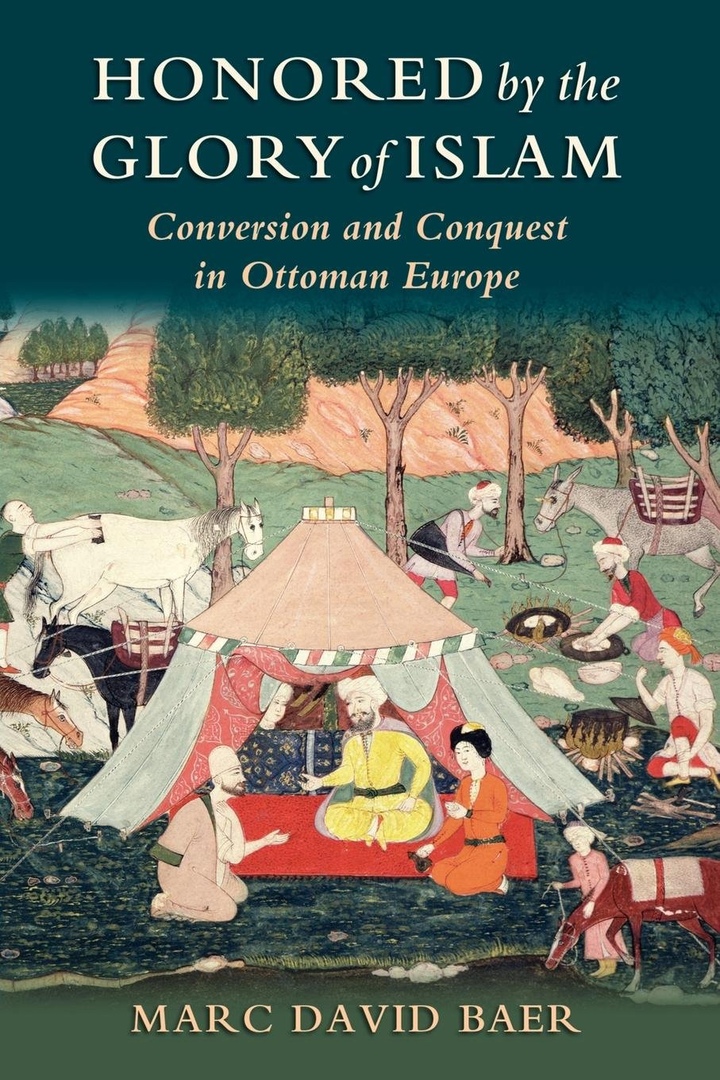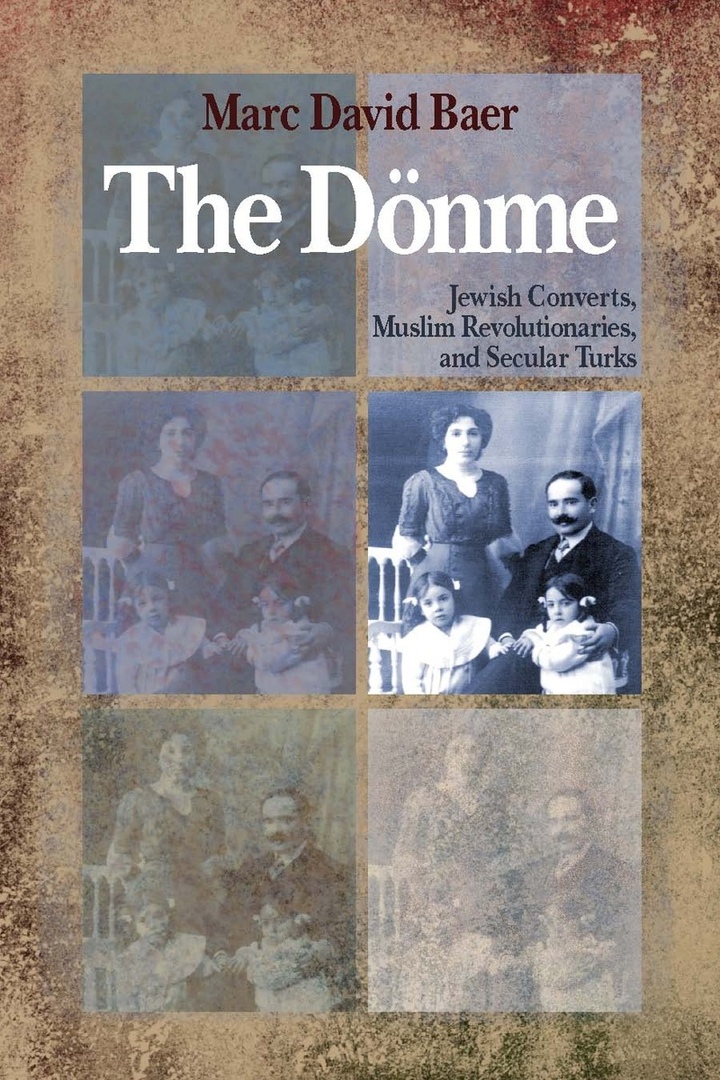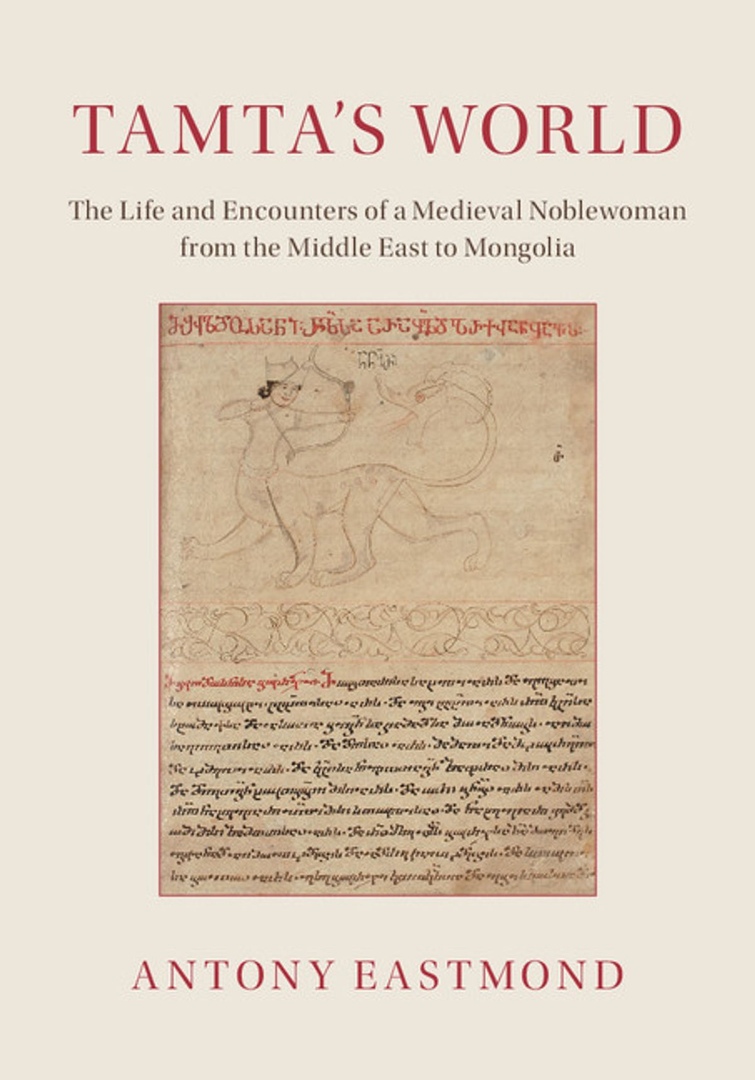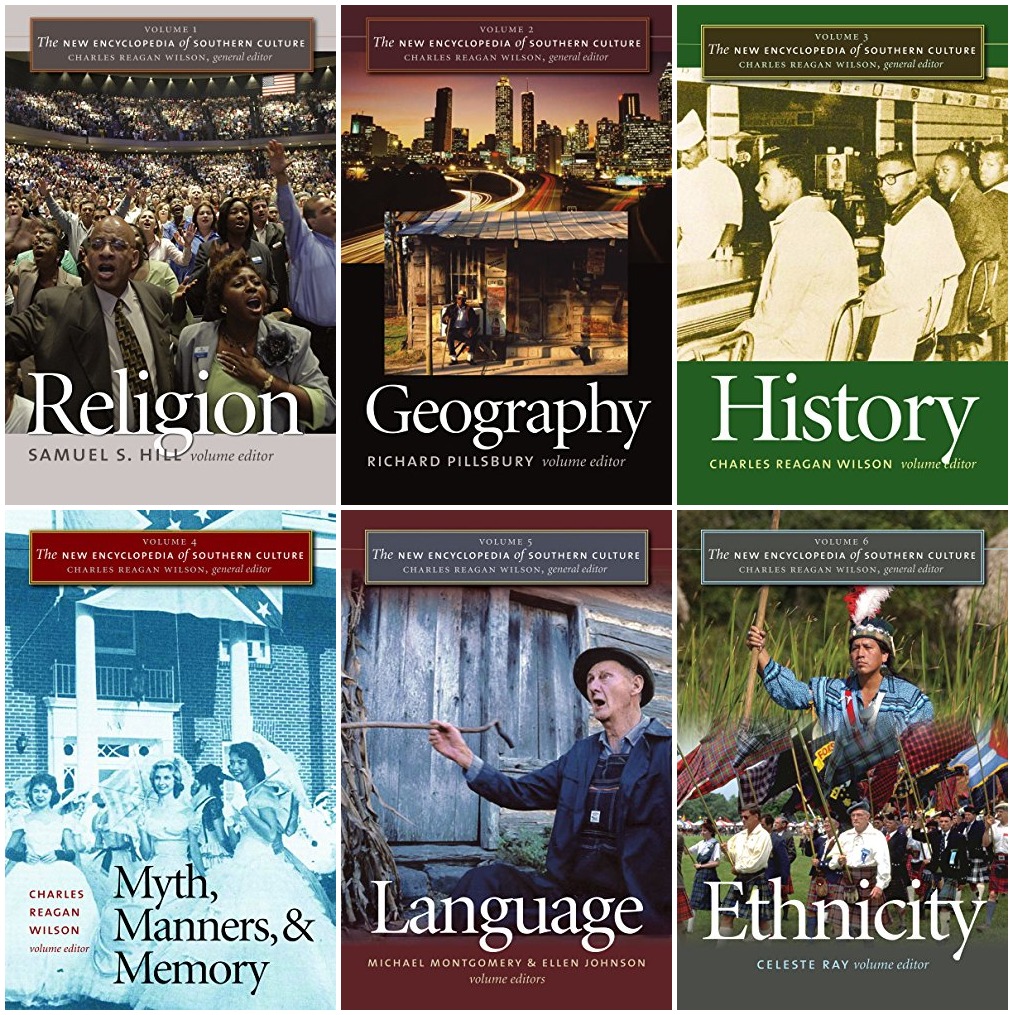Honored by the Glory of Islam:
1) Honored by the Glory of Islam: Conversion and Conquest in Ottoman Europe – Marc David Baer
Oxford University Press | 2008 | PDF
Examining the historical record of Islamic conversions during the Ottoman age in a novel way, this book gathers fresh insights concerning the nature of religious conversion. Rejecting any attempt to explain Ottoman Islamization in terms of the converts’ motives, the book concentrates on the proselytizers. In this case, none other than the sultan himself Mehmed IV (1648-87) is remembered as an aloof ruler whose ineffectual governing led to the disastrous siege of Vienna. Looking at previously unexamined Ottoman archival and literary texts, the book analyzes Mehmed IV’s failings as a ruler by underscoring the sultan’s zeal for bringing converts to Islam. As an expression of his rededication to Islam, Mehmed IV actively sought to establish his reputation as a convert-maker, convincing or coercing Christian and Jewish subjects to be “honored by the glory of Islam,” and Muslim subjects to turn to Islamic piety. Revising the conventional portrayal of a ruler so distracted by his passion for hunting that he neglected affairs of state, this book shows that Mehmed IV saw his religious involvement as central to his role as sultan. The book traces an ever-widening range of reform, conversion, and conquest expanding outward from the heart of Mehmed IV’s empire.
2) The Dönme: Jewish Converts, Muslim Revolutionaries, and Secular Turks – Marc David Baer
Stanford University Press | 2008 | PDF
This book tells the story of the Dönme, the descendents of Jews who resided in the Ottoman Empire and converted to Islam along with their messiah, Rabbi Shabbatai Tzevi, in the seventeenth century. For two centuries following their conversion, the Dönme were accepted as Muslims, and by the end of the nineteenth century rose to the top of Salonikan society. The Dönme helped transform Salonika into a cosmopolitan city, promoting the newest innovation in trade and finance, urban reform, and modern education. They eventually became the driving force behind the 1908 revolution that led to the overthrow of the Ottoman sultan and the establishment of a secular republic.
To their proponents, the Dönme are enlightened secularists and Turkish nationalists who fought against the dark forces of superstition and religious obscurantism. To their opponents, they were simply crypto-Jews engaged in a plot to dissolve the Islamic empire. Both points of view assume the Dönme were anti-religious, whether couched as critique or praise.
But it is time that we take these religious people seriously on their own terms. In the Ottoman Empire, the Dönme promoted morality, ethics, spirituality, and a syncretistic religion that reflected their origins at the intersection of Jewish Kabbalah and Islamic Sufism. This is the first book to tell their story, from their origins to their near total dissolution as they became secular Turks in the mid-twentieth century.
 1 / 2
1 / 2 2 / 2
2 / 2


